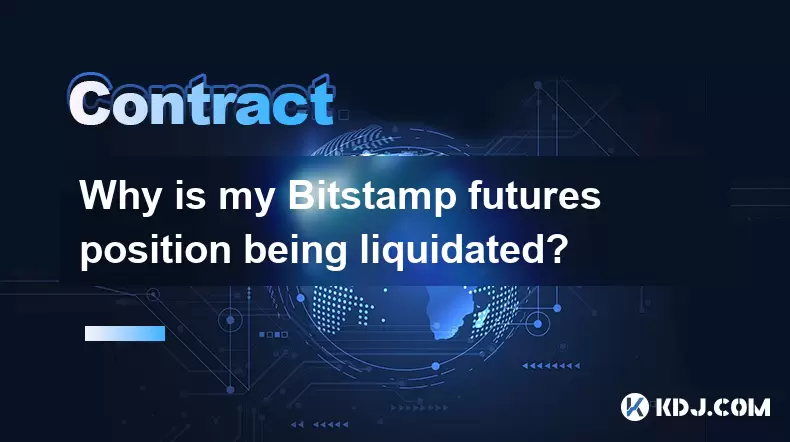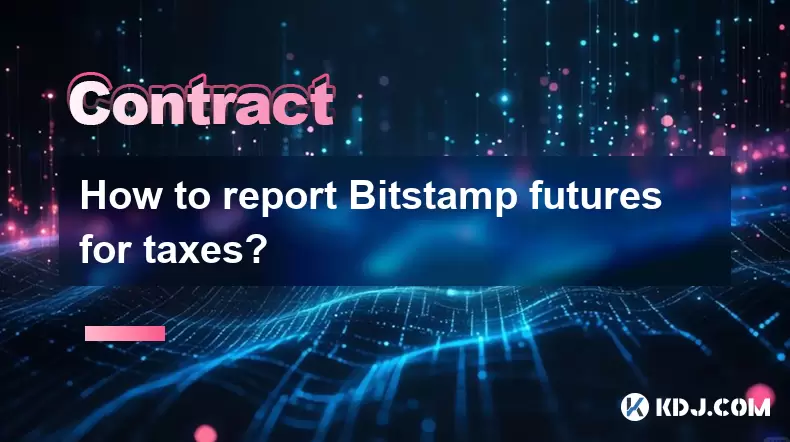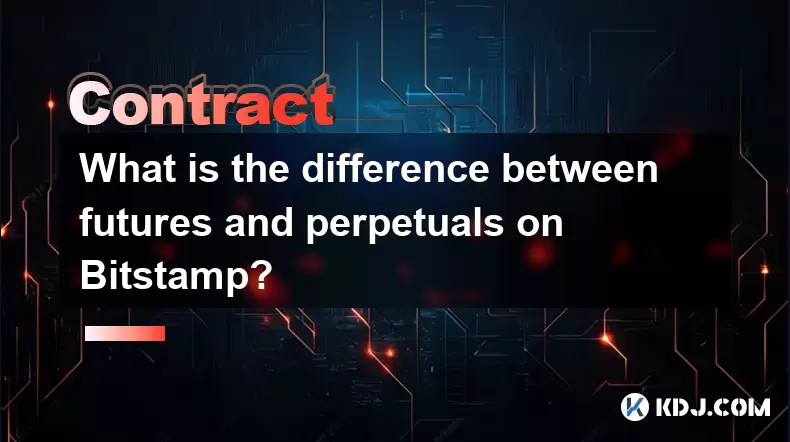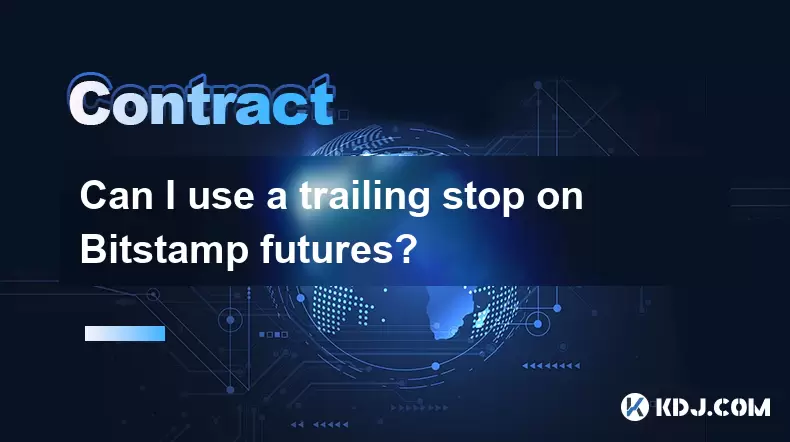-
 Bitcoin
Bitcoin $115200
1.46% -
 Ethereum
Ethereum $3672
2.95% -
 XRP
XRP $3.004
1.51% -
 Tether USDt
Tether USDt $1.000
0.04% -
 BNB
BNB $772.6
3.15% -
 Solana
Solana $168.2
3.14% -
 USDC
USDC $0.9998
-0.01% -
 TRON
TRON $0.3365
1.44% -
 Dogecoin
Dogecoin $0.2053
3.66% -
 Cardano
Cardano $0.7414
2.80% -
 Hyperliquid
Hyperliquid $38.30
0.43% -
 Stellar
Stellar $0.3983
0.73% -
 Sui
Sui $3.496
3.19% -
 Bitcoin Cash
Bitcoin Cash $571.4
4.49% -
 Chainlink
Chainlink $16.75
2.91% -
 Hedera
Hedera $0.2440
2.21% -
 Ethena USDe
Ethena USDe $1.001
0.03% -
 Avalanche
Avalanche $22.18
2.14% -
 Litecoin
Litecoin $120.6
0.40% -
 UNUS SED LEO
UNUS SED LEO $8.991
0.05% -
 Toncoin
Toncoin $3.229
-0.62% -
 Shiba Inu
Shiba Inu $0.00001234
3.28% -
 Uniswap
Uniswap $9.757
3.45% -
 Polkadot
Polkadot $3.666
2.22% -
 Dai
Dai $1.000
0.01% -
 Monero
Monero $282.3
-4.49% -
 Bitget Token
Bitget Token $4.360
1.80% -
 Cronos
Cronos $0.1437
6.19% -
 Pepe
Pepe $0.00001050
4.21% -
 Aave
Aave $263.0
4.02%
How to arbitrage SUI contract trading? What are the common arbitrage methods?
Arbitrage in SUI contract trading involves exploiting price differences across exchanges to profit from buying low and selling high, using methods like spatial and temporal arbitrage.
May 12, 2025 at 04:43 am

Arbitrage in the context of SUI contract trading involves taking advantage of price discrepancies between different markets or platforms to generate profits. This practice is common in the cryptocurrency world, where volatility and varying liquidity across exchanges can create profitable opportunities. In this article, we will explore how to arbitrage SUI contract trading and discuss the common methods used in this process.
Understanding SUI Contract Trading
SUI, or the Sui blockchain, is a relatively new entrant in the cryptocurrency space, designed to offer fast and secure transactions. Trading SUI contracts involves engaging with futures, options, or other derivative products tied to the value of SUI. These contracts can be traded on various decentralized and centralized exchanges, each potentially offering different prices due to varying levels of liquidity and market dynamics.
Basics of Arbitrage in SUI Contract Trading
Arbitrage in SUI contract trading leverages the price differences that can occur across different trading platforms. The fundamental principle of arbitrage is to buy the asset at a lower price on one exchange and simultaneously sell it at a higher price on another. This strategy aims to lock in a profit from the price differential, regardless of the overall market movement.
Common Arbitrage Methods for SUI Contracts
There are several common methods used to arbitrage SUI contracts. Each method has its own set of risks and rewards, and understanding these can help traders make informed decisions.
Spatial Arbitrage
Spatial arbitrage involves exploiting price differences between different exchanges. For SUI contracts, this might mean buying a futures contract on one exchange where the price is lower and selling it on another where the price is higher.
- Identify exchanges that list SUI contracts and monitor their prices closely.
- Use trading bots or manual monitoring to quickly detect price discrepancies.
- Execute trades simultaneously on both exchanges to buy low and sell high.
Temporal Arbitrage
Temporal arbitrage takes advantage of price differences that occur over time on the same exchange. This can be particularly relevant for SUI contracts, where prices might fluctuate rapidly due to market news or liquidity changes.
- Monitor the price of SUI contracts over short periods to identify patterns or anomalies.
- Execute trades when you notice a significant price difference that you predict will revert to the mean.
Cross-Exchange Arbitrage
Cross-exchange arbitrage is similar to spatial arbitrage but focuses on different types of contracts or different trading pairs involving SUI across exchanges.
- Identify SUI trading pairs or contracts that are listed on multiple exchanges.
- Compare the prices of these contracts across the exchanges.
- Execute trades to buy the undervalued contract and sell the overvalued one.
Statistical Arbitrage
Statistical arbitrage involves using statistical models to identify and exploit price inefficiencies. This method can be particularly useful for SUI contracts, where data-driven approaches can help traders identify profitable opportunities.
- Gather historical data on SUI contract prices across different exchanges.
- Develop and apply statistical models to predict price movements and identify arbitrage opportunities.
- Execute trades based on the predictions of the statistical model.
Practical Steps to Arbitrage SUI Contracts
To successfully arbitrage SUI contracts, traders need to follow a series of practical steps. These steps ensure that the arbitrage process is executed efficiently and with minimal risk.
Setting Up for Arbitrage
- Choose reliable exchanges that list SUI contracts and have good liquidity.
- Set up accounts on these exchanges and ensure that you have sufficient funds to execute trades.
- Install trading bots or software that can help automate the arbitrage process and monitor prices in real-time.
Identifying Arbitrage Opportunities
- Monitor the prices of SUI contracts across different exchanges continuously.
- Use tools like price alert systems to be notified when significant price discrepancies occur.
- Analyze market conditions and liquidity to determine the best times to execute arbitrage trades.
Executing Arbitrage Trades
- Once an arbitrage opportunity is identified, quickly buy the SUI contract on the exchange where it is cheaper.
- Simultaneously sell the same contract on the exchange where it is more expensive.
- Ensure that the trades are executed within a short time frame to minimize the risk of price changes affecting the arbitrage opportunity.
Managing Risks
- Be aware of transaction fees and other costs that can eat into arbitrage profits.
- Use stop-loss orders to limit potential losses if the market moves against your positions.
- Diversify your arbitrage strategies to spread risk across different types of opportunities.
Tools and Resources for SUI Contract Arbitrage
To effectively engage in SUI contract arbitrage, traders can leverage various tools and resources. These can enhance the efficiency and accuracy of the arbitrage process.
- Trading bots like 3Commas or Cryptohopper can automate the detection and execution of arbitrage opportunities.
- Price tracking websites such as CoinGecko or CoinMarketCap can help monitor SUI contract prices across different exchanges.
- Arbitrage calculators can assist in quickly determining potential profits from identified price discrepancies.
Frequently Asked Questions
Q: Can arbitrage be done manually, or do I need automated tools?
A: Arbitrage can be done manually, but it requires constant monitoring and quick execution to be effective. Automated tools can significantly enhance the efficiency and accuracy of the process, making them highly recommended for serious arbitrage traders.
Q: What are the risks associated with SUI contract arbitrage?
A: The main risks include transaction fees, slippage, market volatility, and the potential for price changes to eliminate arbitrage opportunities before trades can be executed. Additionally, regulatory changes or exchange issues can impact the feasibility of arbitrage.
Q: How much capital is needed to start arbitrage trading with SUI contracts?
A: The amount of capital needed can vary widely depending on the scale of the arbitrage operations and the specific opportunities being pursued. Generally, having enough capital to cover transaction fees and potential losses is crucial, and starting with a smaller amount to test strategies is advisable.
Q: Are there any legal considerations to be aware of when arbitrage trading SUI contracts?
A: Legal considerations can vary by jurisdiction, but traders should be aware of any regulations related to cryptocurrency trading, tax implications of profits, and the terms of service of the exchanges they use. It's important to ensure compliance with all relevant laws and regulations.
Disclaimer:info@kdj.com
The information provided is not trading advice. kdj.com does not assume any responsibility for any investments made based on the information provided in this article. Cryptocurrencies are highly volatile and it is highly recommended that you invest with caution after thorough research!
If you believe that the content used on this website infringes your copyright, please contact us immediately (info@kdj.com) and we will delete it promptly.
- OZAK AI: Is This AI Product Poised for ChatGPT-Level Returns?
- 2025-08-07 03:30:13
- SEC, Liquid Staking, and Crypto: A New Dawn?
- 2025-08-07 03:30:13
- Bitcoin, Ozak AI, and Crypto Veterans: A New York Minute on What's Hot
- 2025-08-07 02:31:03
- KakaoBank Eyes Stablecoin Market: A New Era for Digital Assets in South Korea?
- 2025-08-07 02:31:03
- Ethereum's Scaling Saga: Gas Limits, Leadership, and the Road to 100M
- 2025-08-07 02:50:40
- Bitcoin Income Evolution: Decoding YBTC and the Future of Crypto Yield
- 2025-08-07 02:50:40
Related knowledge

Why is my Bitstamp futures position being liquidated?
Jul 23,2025 at 11:08am
Understanding Futures Liquidation on BitstampFutures trading on Bitstamp involves borrowing funds to open leveraged positions, which amplifies both po...

How to report Bitstamp futures for taxes?
Jul 30,2025 at 08:35am
Understanding Bitstamp Futures and Taxable EventsWhen trading Bitstamp futures, it’s essential to recognize that these financial instruments are treat...

Does Bitstamp offer inverse contracts?
Jul 23,2025 at 01:28pm
Understanding Inverse Contracts in Cryptocurrency TradingIn the realm of cryptocurrency derivatives, inverse contracts are a specific type of futures ...

What is the difference between futures and perpetuals on Bitstamp?
Jul 27,2025 at 05:08am
Understanding Futures Contracts on BitstampFutures contracts on Bitstamp are financial derivatives that allow traders to speculate on the future price...

How to find your Bitstamp futures trade history?
Jul 23,2025 at 08:07am
Understanding Bitstamp and Futures Trading AvailabilityAs of the current state of Bitstamp’s service offerings, it is critical to clarify that Bitstam...

Can I use a trailing stop on Bitstamp futures?
Jul 23,2025 at 01:42pm
Understanding Trailing Stops in Cryptocurrency TradingA trailing stop is a dynamic type of stop-loss order that adjusts automatically as the price of ...

Why is my Bitstamp futures position being liquidated?
Jul 23,2025 at 11:08am
Understanding Futures Liquidation on BitstampFutures trading on Bitstamp involves borrowing funds to open leveraged positions, which amplifies both po...

How to report Bitstamp futures for taxes?
Jul 30,2025 at 08:35am
Understanding Bitstamp Futures and Taxable EventsWhen trading Bitstamp futures, it’s essential to recognize that these financial instruments are treat...

Does Bitstamp offer inverse contracts?
Jul 23,2025 at 01:28pm
Understanding Inverse Contracts in Cryptocurrency TradingIn the realm of cryptocurrency derivatives, inverse contracts are a specific type of futures ...

What is the difference between futures and perpetuals on Bitstamp?
Jul 27,2025 at 05:08am
Understanding Futures Contracts on BitstampFutures contracts on Bitstamp are financial derivatives that allow traders to speculate on the future price...

How to find your Bitstamp futures trade history?
Jul 23,2025 at 08:07am
Understanding Bitstamp and Futures Trading AvailabilityAs of the current state of Bitstamp’s service offerings, it is critical to clarify that Bitstam...

Can I use a trailing stop on Bitstamp futures?
Jul 23,2025 at 01:42pm
Understanding Trailing Stops in Cryptocurrency TradingA trailing stop is a dynamic type of stop-loss order that adjusts automatically as the price of ...
See all articles

























































































